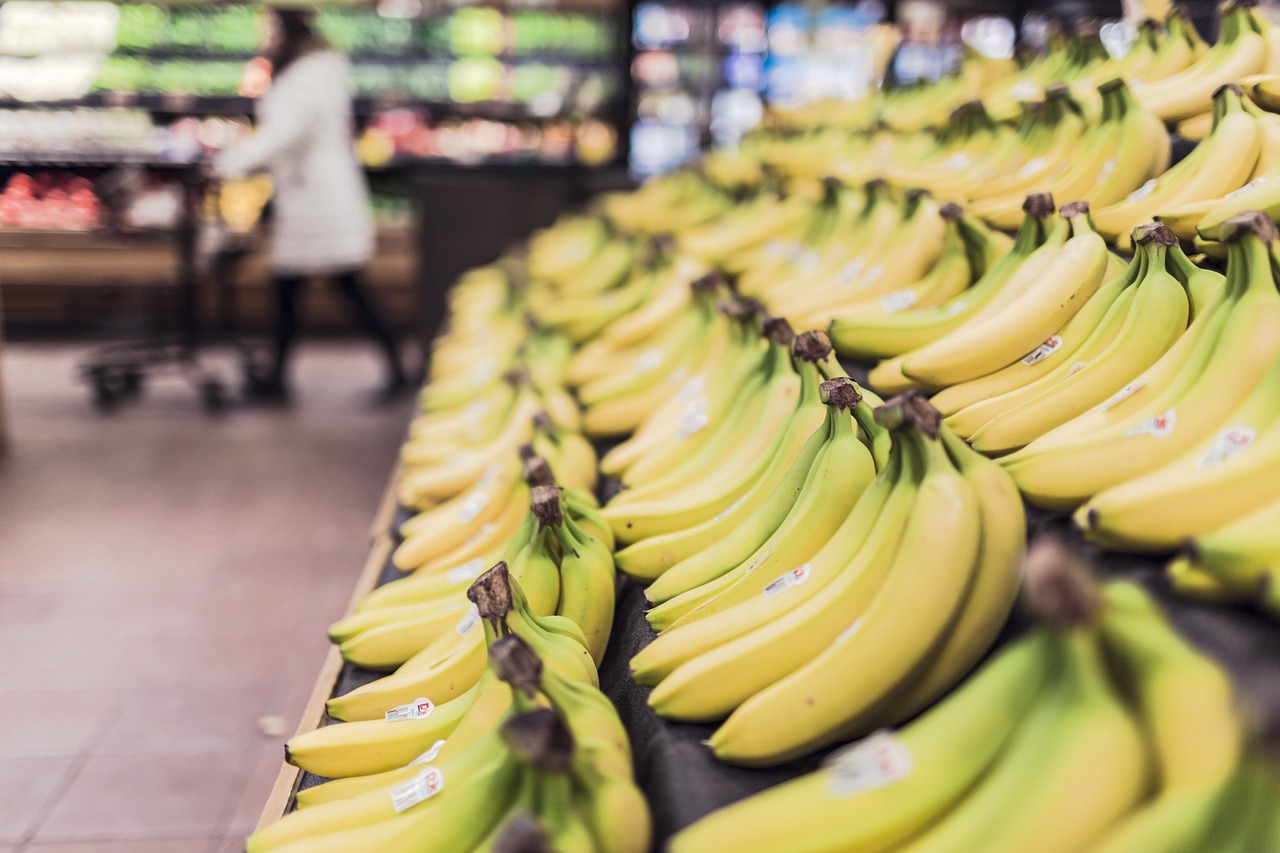Humans consume 100 billion bananas each year. For many of us, it would be impossible to imagine if this food no longer existed. The most popular banana variety, the Cavendish, is also under attack from insect infestations, soil quality degradation and climate change. However, the greatest danger is represented by two plant pathogens, which harm fruit plantations around the world and constantly destroy the crop.
The biggest problem is that one of the banana varieties has spread more. This means that pathogens can easily destroy entire farms. There are thousands of banana varieties worldwide, but only a few have been cultivated or commercialized.
In the 1950s, as banana plantations expanded to meet a growing global appetite, soil-borne fungi began to take advantage of the bountiful opportunities. It spread to production areas, and in response breeders grew a more resistant plant. This led to the famous Cavendish banana.
Weak bananas
Cavendish conquered markets like never before. The vast majority of bananas consumed in Western countries come from the same variety. However, a mushroom also follows bananas. An infection called Tropical Race 4 has started attacking farms. This fungus enters the stem, cutting off the plant’s water supply and eventually killing it. Fungicides do not affect fungi, so they live longer in the soil.
Another weakness of Cavendish bananas is that they are bred asexually, so each plant is simply a copy of the previous generation. Without genetic diversity, populations would not be able to withstand constant threats.
In addition, there is another type of fungus that causes infections. This is called black fungus, its spores spread through the air, infecting plants and reducing crop yields. Climate change is helping to spread this fungus. Thanks to favorable weather conditions, the risk of infection has increased by nearly 50% in some parts of the world since 1960. This infection can be treated at least with a fungicide, but farmers have to apply it up to 60 times a year. He writes that this is harmful to the environment and workers live science.
Tropical Race 4 is wreaking havoc across Asia, parts of Australia and East Africa, and if it spreads to South America, it could practically mean the end of bananas.
Is there any solution?
Will bananas come back from the brink? In fact, you should not be afraid of bananas, but of the well-known Cavendish variety. It may be replaced by another type, but it still takes time to find the right version. If you can act in time, you can still change the situation by planting new banana varieties.
The way bananas are grown is complicit in these risks, said Angelina Sanderson Bellamy, an ecologist at Cardiff University in Wales. In monoculture, there is an endless supply of food for pests, he said. Pathogens thrive in these agricultural areas, and large farms facilitate their spread in rural areas. In other words, according to experts, the solution lies in more diversified cultivation.
These articles are also worth reading:












































